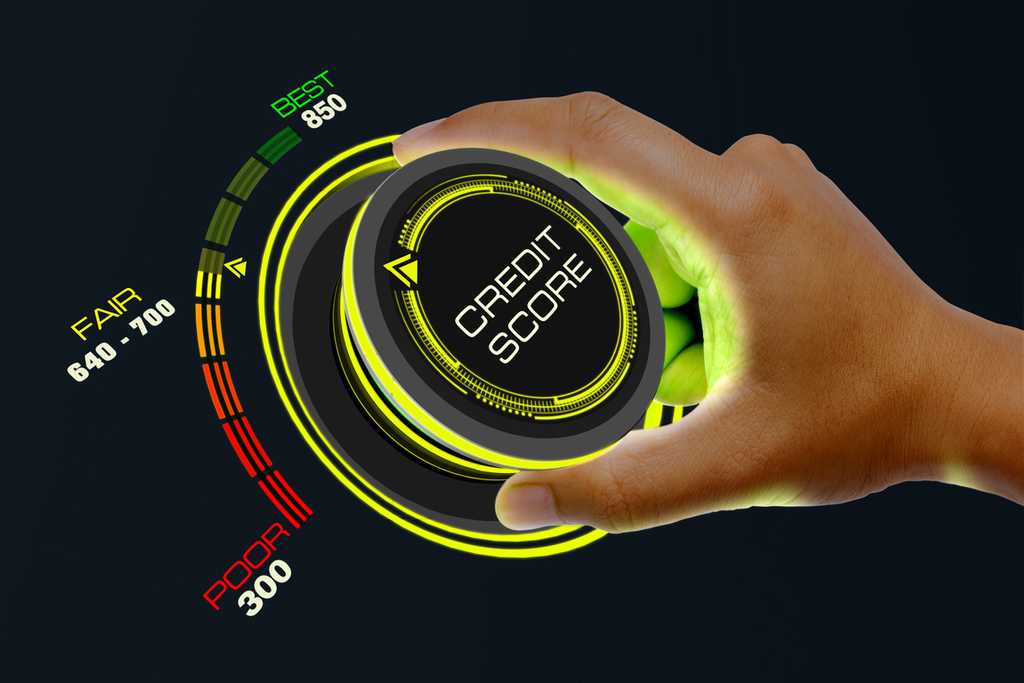Maybe you are actively working to improve your credit and have paid off a credit card or car loan, yet your credit score stubbornly refuses to budge. You might be wondering if paying off your debt had any effect at all on your credit, or if there is something more you need to do to get your payment reflected in your credit score.
Today, we’ll help you understand when and how your credit score gets updated.
When Do Your Credit Scores Get Updated?
Your credit score is a numeric measure of your creditworthiness that is calculated based on the information in your credit report when it is requested. Technically, your credit score is updated every time it is requested.
Practically, your credit score will change whenever there is an update to your credit report. This could include the addition of an account, an additional report of on-time payments or even a new credit inquiry. Some aspects of your credit report, like inquiries from prospective lenders, are updated immediately, but information about your accounts is based on periodic updates from lenders and can take as many as 30-45 days, depending on when your lender sends your account information to the credit bureaus. Whenever there is a change to your credit report, your score might change.
When Does Your Credit Score Update After Paying Off Debt?
If you make a payment on a debt and immediately pull your credit report, you will likely find that your credit report and score do not reflect your recent payments. Why is this?
The short answer is that credit reporting does not happen in real-time. Experian, Equifax and TransUnion do not have real-time access to your account status; they rely on your creditors to periodically send them information about your account. Typically creditors report information on accounts to the credit bureaus every 30-45 days, so it may take a while for your payment to be reflected on your credit report.
Although it can take some time, you have the right to have your credit report accurately reflect your debt balances, credit lines and payment statuses. If it has been more than 45 days since you paid off your debt and a creditor still hasn’t sent updates to the three credit bureaus, you can consider filing a dispute to get the credit reports updated. Disputes are free to file, but must be filed individually with each of the three bureaus.
What Affects Your Credit Score?
Lenders may use any one of a number of credit scoring methodologies to evaluate your creditworthiness, but the most commonly used credit score is the FICO score. Several aspects of your credit history factor into every scoring model, but here are the factors that go into calculating your FICO score.
35% Payment History
Having an on-time payment history shows that you can responsibly manage the credit that has been extended to you and indicates that you have a manageable amount of debt. This is the largest factor in your credit score. Ensuring that you make payments on-time, every time, on all of your accounts is the best way to ensure that your payment history is solid.
30% Amounts Owed
The amount of money you owe on credit accounts and the proportion of your available credit you are using are indicators of your risk of default, and these factors make up the second largest factor in your credit score. Paying down debts and using only a small amount of your available credit line on credit cards can increase this component of your score.
15% Length of Credit History
In general, your credit score will be higher the longer you have been managing credit. Ultimately, having credit over time is the only thing that can increase this component of your score. If you do not have any credit history, it can be a good idea to open a credit card to start to establish your credit history.
10% Credit Mix
Your FICO score considers your mix of credit cards, retail accounts, installment loans, finance company accounts and mortgage loans as a minor component of your credit score.
10% New Credit
Research shows that opening multiple credit accounts in a short amount of time correlates with greater credit risk. If you have opened a new credit line recently, your score will be affected.
How to Check Your Credit Reports
Checking your credit report used to be a complicated process. These days, you can easily check your credit reports from all three credit bureaus online for free.
One way to review your credit report that is available to everyone is the site annualcreditreport.com. In December 2003, congress passed a federal law giving consumers the right to get one free credit report every 12 months from each of the three credit reporting agencies. Annualcreditreport.com was set up by the three credit bureaus as a one-stop shop for consumers to access their free reports. As of May 2022, all three credit bureaus are offering free weekly credit reports through the site.
If you have recently been denied credit because of information contained in your credit report, you are also entitled to obtain the credit report which was used to make that decision. Your lender will specify which credit report they used to evaluate your creditworthiness in their denial letter and give you instructions on how you can obtain a free credit report.
Finally, there are many services online that allow you to periodically check your credit report online for free. Here are some of our favorites:
- Credit Karma - Credit Karma provides VantageScore 3.0 credit scores from both TransUnion and Equifax and the statuses and balances of your accounts reported to both bureaus.
- CreditWise from Capital One - CreditWise from Capital One allows you to check your TransUnion credit report weekly, including accounts and balances, inquiries, and public records associated with your report. It also provides your VantageScore 3.0 credit score based on your TransUnion credit report.
- Experian - Experian allows you to check your Experian credit report and FICO Score 8 for free, with no credit card required.
Your Credit Score Will Change – Eventually
Your credit score is calculated based on the information in your credit report, but that information is often not updated in real-time. Payments typically take 30-45 days to be reflected on your credit report because creditors only report account updates to the credit bureaus periodically. If it has been more than 45 days since you have paid off an account and it is not reflected on your credit report, you can use the credit bureau’s dispute process to get the bureau to update your account information.

